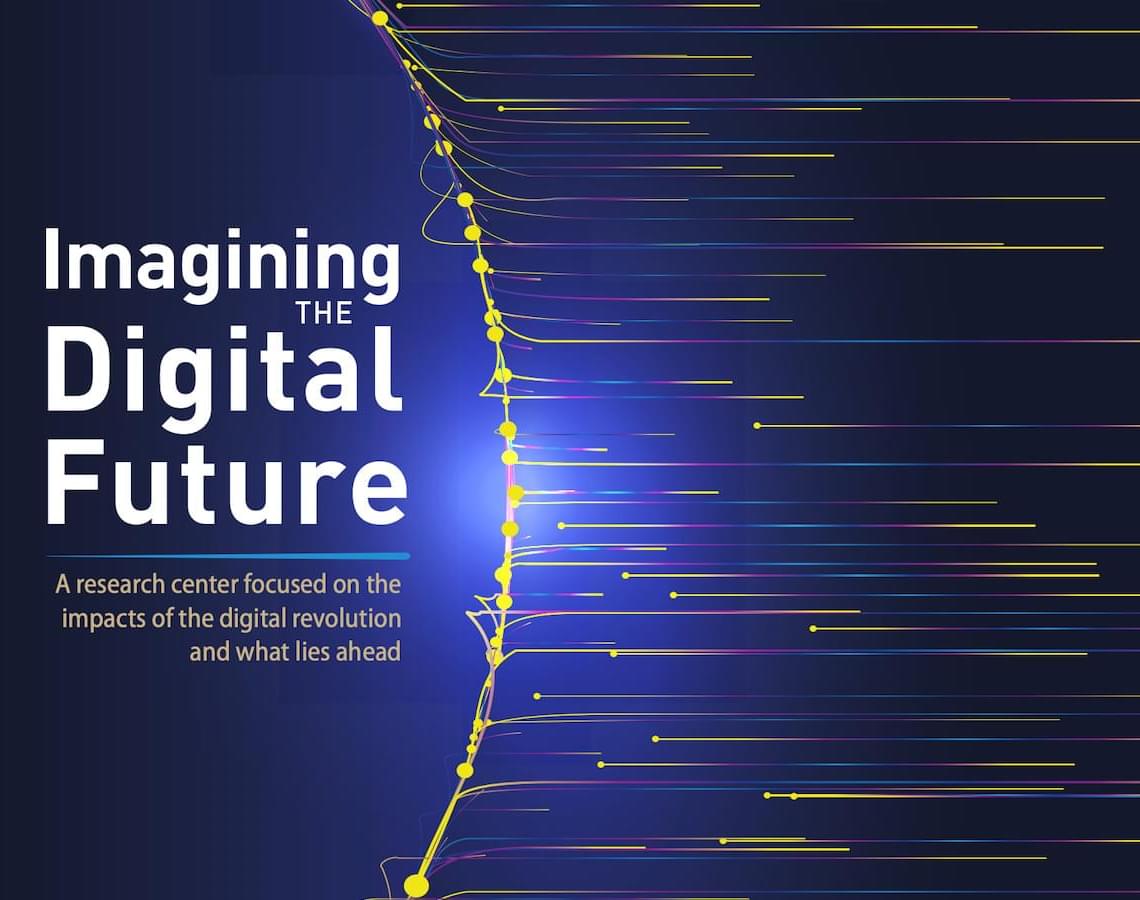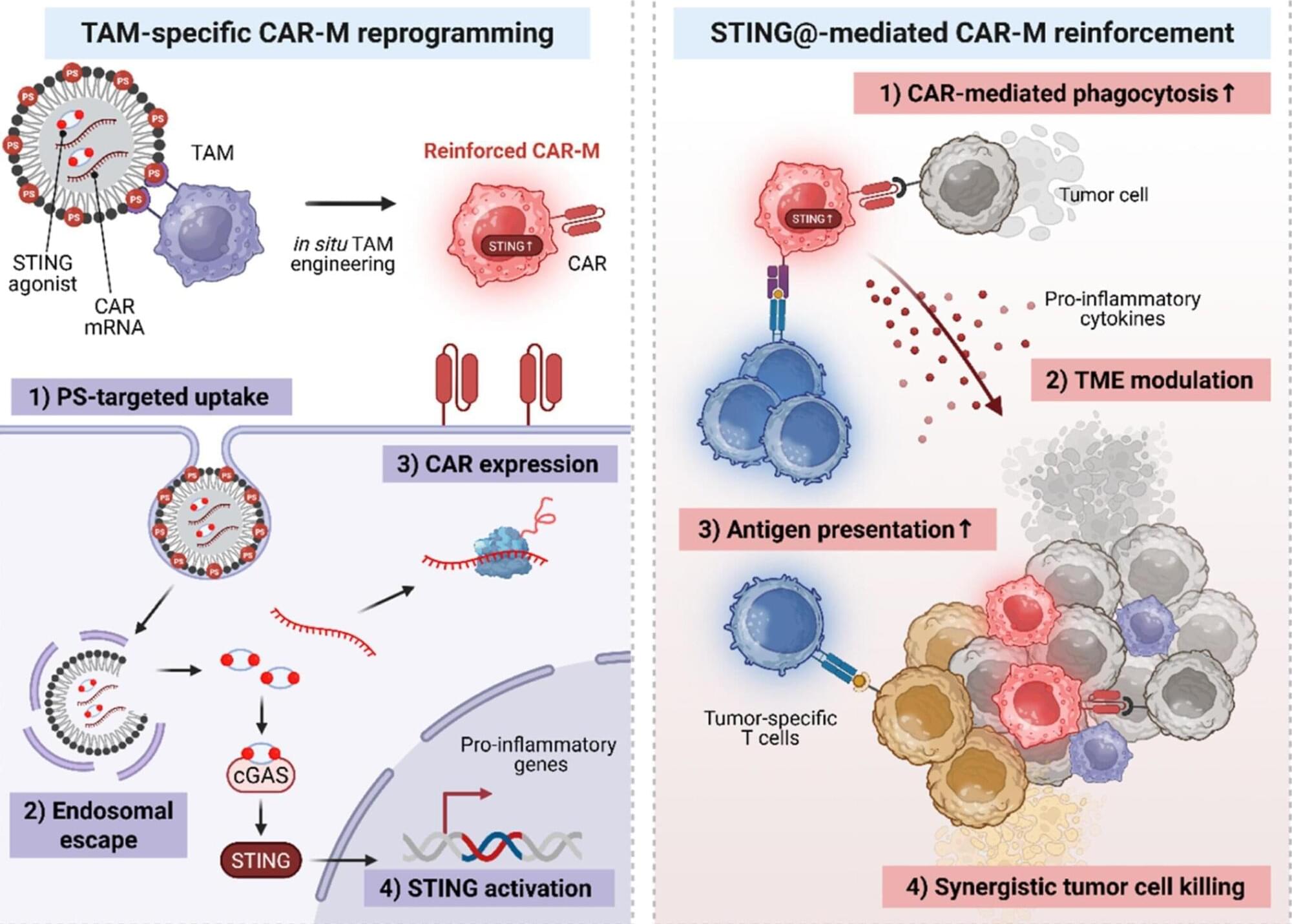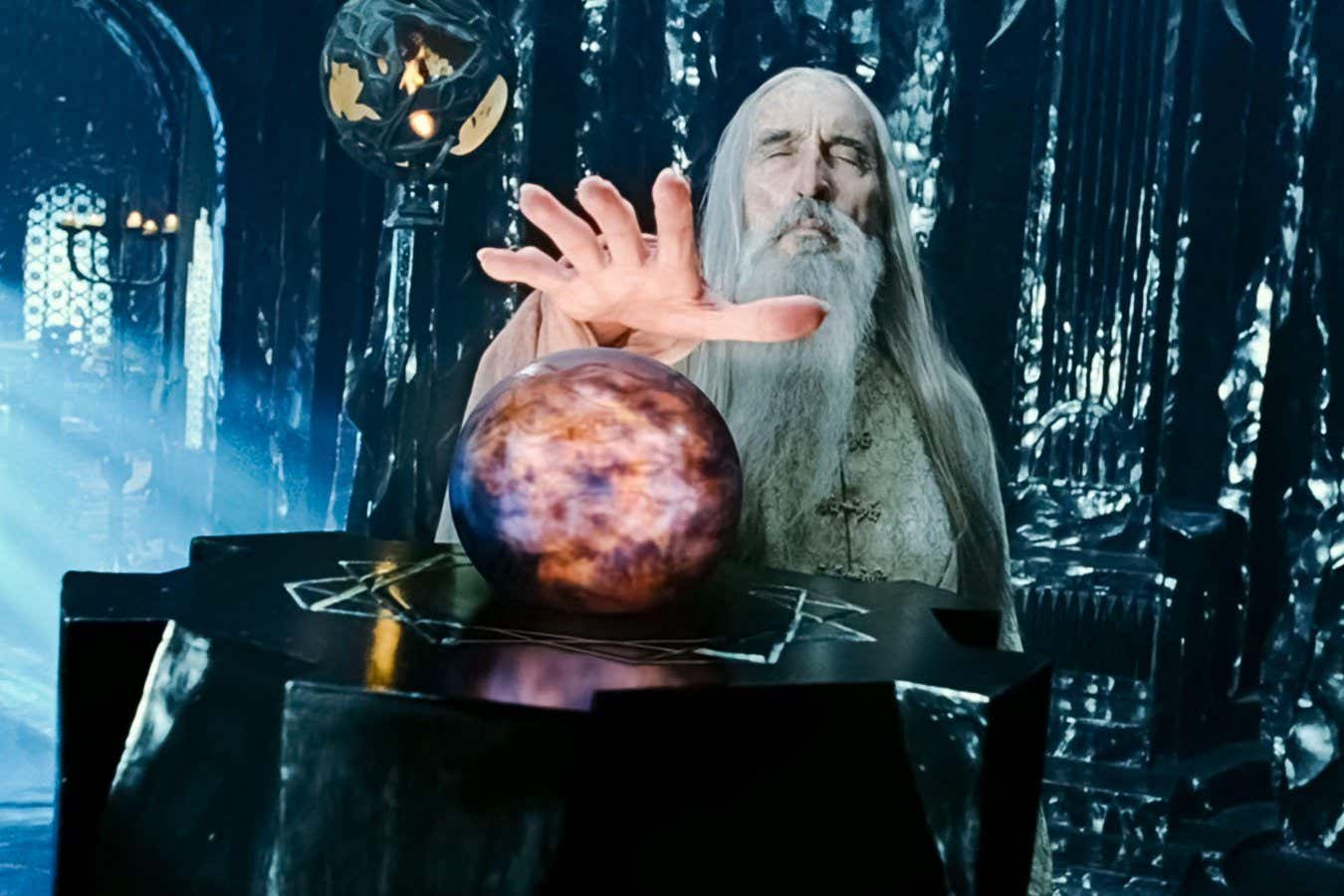Five sci-fi technologies becoming real today, from BCIs to space elevators.
Get Nebula using my link for 50% off an annual subscription: https://go.nebula.tv/isaacarthur.
Check out Joe Scott’s Oldest & Newest: https://nebula.tv/videos/joescott-oldest-and-newest-places-o…saacarthur.
Watch my exclusive video Chronoengineering: https://nebula.tv/videos/isaacarthur-chronoengineering-manip…technology.
Grab one of our new SFIA mugs and make your morning coffee a little more futuristic — available now on our Fourthwall store! https://isaac-arthur-shop.fourthwall.com/
Visit our Website: http://www.isaacarthur.net.
Join Nebula: https://go.nebula.tv/isaacarthur.
Support us on Patreon: https://www.patreon.com/IsaacArthur.
Support us on Subscribestar: https://www.subscribestar.com/isaac-arthur.
Facebook Group: https://www.facebook.com/groups/1583992725237264/
Reddit: https://www.reddit.com/r/IsaacArthur/
Twitter: https://twitter.com/Isaac_A_Arthur on Twitter and RT our future content.
SFIA Discord Server: https://discord.gg/53GAShE
Credits:
5 Sci-Fi Fantasies That Could Soon Become Reality.
Written, Produced & Narrated by: Isaac Arthur.
Editor: Donagh Broderick.
Select imagery/video supplied by Getty Images.
Chapters.
0:00 Intro.
1:52 Brain-Computer Interfaces (BCI)
6:26 Dream Recording & Memory Replay.
8:48 Artificial Wombs & Designer Babies.
16:13 Bio.
18:56 Space Elevators.
21:12 Weather Control.
21:30 Graphene.
22:15 De-Extinciton.
21:40 Superconductors & Fusion.
27:23 Oldest & Newest.
28:26 Preserving & Rebuilding the Human Body.






